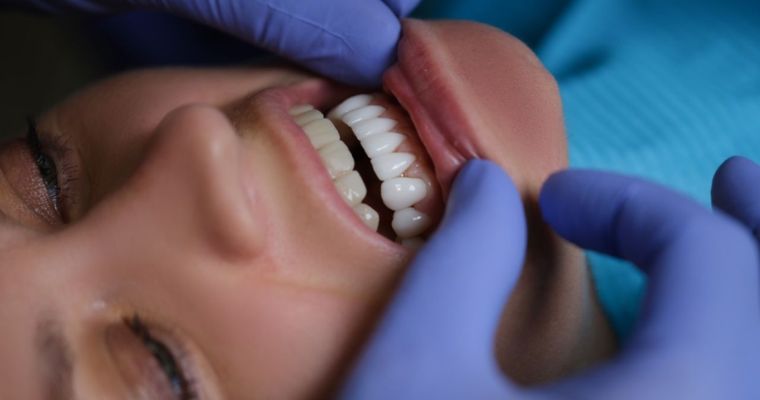Oral Submucous Fibrosis (OSF) is a progressive condition affecting the mouth and surrounding tissues. It primarily impacts the soft tissues inside the mouth, causing them to thicken and become stiff. This condition can make it difficult to move the mouth, chew, or speak comfortably. OSF is commonly associated with the habit of chewing betel nut (areca nut) and tobacco, although it can affect anyone.
What Causes Oral Submucous Fibrosis?
The main cause of Oral Submucous Fibrosis is the chewing of betel nut (areca nut), which is often mixed with tobacco. This combination is a popular chew in many South Asian countries. Areca nuts contain compounds that are thought to cause the thickening and scarring of the mucous membranes inside the mouth. While this habit is the leading cause of OSF, the condition has also been linked to other factors such as:
- Genetics: Some people may be more genetically predisposed to developing OSF if they have a family history of the disease.
- Spicy Foods: There is some evidence suggesting that frequent consumption of spicy food may contribute to OSF in susceptible individuals, though this is not as well-established as the connection with areca nut chewing.
- Vitamin Deficiencies: A lack of essential vitamins and minerals, particularly Vitamin C, may increase the risk of developing the condition.
Symptoms of Oral Submucous Fibrosis
The early symptoms of OSF can be subtle, but they become more noticeable as the condition progresses. Common signs include:
- Mouth Stiffness: One of the first signs of OSF is a feeling tightness or stiffness inside the mouth. This makes it difficult to open the mouth fully, which can affect speech and eating.
- Pain and Discomfort: Some individuals experience pain or a burning sensation in the mouth, especially when consuming spicy or hot foods.
- White or Grayish Patches: The inner lining of the mouth may develop white or grayish patches, which are a characteristic feature of OSF.
- Thickening of the Tissue: The mucous membranes of the mouth become thicker over time, which may lead to reduced mobility of the jaw and difficulty in opening the mouth.
- Reduced Mouth Opening: As the condition worsens, the ability to open the mouth decreases, which can affect basic functions like talking, eating, and swallowing.
- Ulcers or Sores: In more advanced stages, ulcers or sores may develop inside the mouth, causing additional pain and discomfort.
Diagnosis and Treatment of Oral Submucous Fibrosis
Diagnosis of OSF typically involves a clinical examination by a dentist or doctor, who will look for the characteristic symptoms such as mouth stiffness, thickening of tissues, and any signs of ulcers or sores. In some cases, a biopsy or other tests may be conducted to rule out other conditions.
While there is no cure for Oral Submucous Fibrosis, the condition can be managed and its progression can be slowed with early intervention. Treatment options may include:
- Quit Chewing Areca Nut and Tobacco: The most important step in managing OSF is to stop chewing areca nut and tobacco. This can help prevent further damage and allow the tissues to heal to some extent.
- Steroid Injections: In some cases, corticosteroid injections are used to reduce inflammation and prevent the fibrosis (scarring) from getting worse.
- Mouth Exercises: Regular stretching exercises for the mouth and jaw can help improve the range of motion and prevent further tightening of the tissues.
- Surgical Intervention: In severe cases, surgery may be required to remove the fibrous tissue and improve mouth opening.
Prevention
The best way to prevent Oral Submucous Fibrosis is to avoid chewing areca nut and tobacco. People who are already suffering from OSF should seek medical advice as soon as possible to manage the condition and prevent further complications, such as difficulty in eating or swallowing or even the development of oral cancer in extreme cases.
With proper care and lifestyle changes, the progression of OSF can be slowed, and individuals can maintain a better quality of life. If you notice any symptoms of OSF, schedule a consultation with our expert at SmileKraft Dental Clinic.


